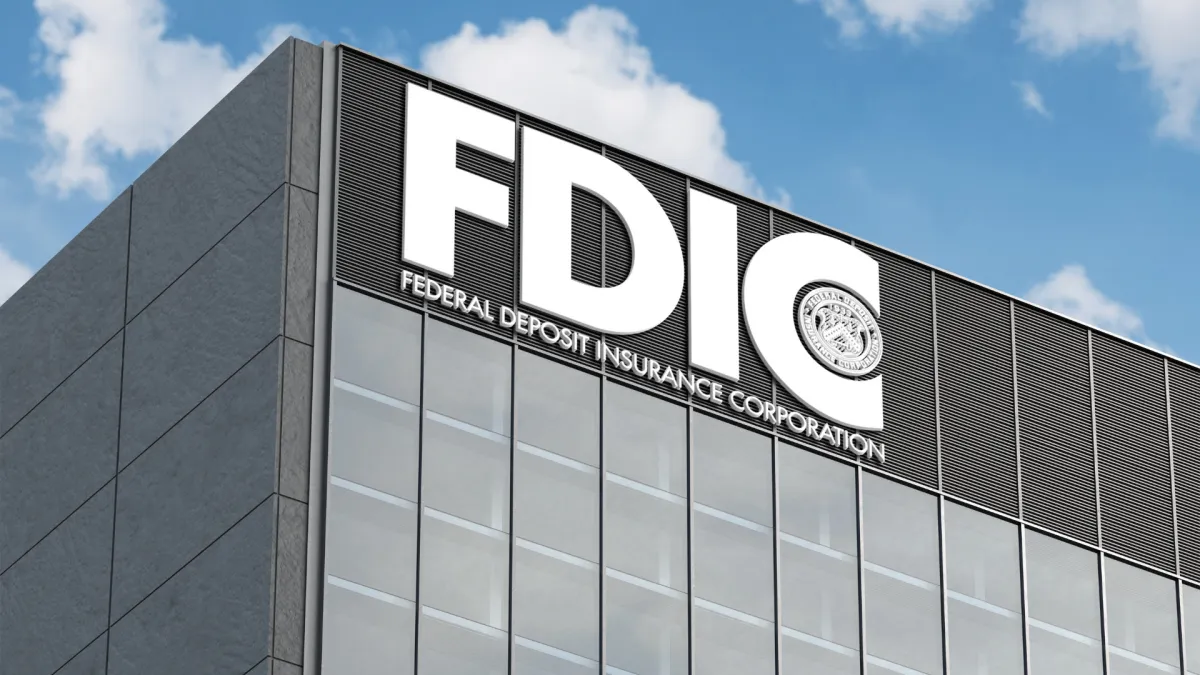Understanding the Safety of Your Money in Digital Banks and FDIC Insurance

Understanding the Implications of Digital Banking Safety
Why is your money potentially at risk when using digital banks, even when they boast FDIC insurance? Last year witnessed the dramatic collapses of Silicon Valley Bank (SVB) and Signature Bank, igniting a wave of consumer concern over the reliability of not just traditional banks but also up-and-coming digital banking platforms.
The FDIC Insurance Standard
The Federal Deposit Insurance Corporation (FDIC) upholds consumer trust within the U.S. banking system. It covers deposits up to $250,000 per depositor at each insured bank, presenting a dependable safety net. This protection extends across most banks, assuring depositors have a fallback during crises.
Are Digital Banks Truly Safe?
While many digital banks claim FDIC insurance, it’s essential to discern the level of safety they provide. Recent financial disruptions, particularly the collapse of fintech company Synapse, underscore the reality that many digital institutions lack the traditional safety nets equipped to support depositors in a crisis. As a fintech intermediary, Synapse’s failure raised alarms on what it means for depositors.
Key Considerations for Consumers
- If your bank fails and proper records exist, reclaiming insured deposits should be straightforward.
- However, should a non-bank fintech fail, complications in recovery sprout.
- Given the technological complexity, trusting a fintech could invite financial risks.
Strategies to Safeguard Your Funds
- Verify FDIC Insurance: Ensure your bank is FDIC-insured.
- Research the Institution: Know their funding mechanisms before depositing.
- Read the Fine Print: Check for hidden fees and withdrawal limits.
- Diversify Your Savings: Spread funds across multiple accounts.
- Monitor Your Accounts: Regularly review for unauthorized changes.
- Beware of High-Yield Offers: Approach deals promising unrealistic returns with skepticism.
- Check Compliance: Ensure regulatory approval.
While digital banks tout enhanced convenience and rates, navigating their safety nets requires vigilance. Understanding how FDIC insurance operates within fintech can mean the difference between securing your deposits or facing challenges during a financial downturn.
This article was prepared using information from open sources in accordance with the principles of Ethical Policy. The editorial team is not responsible for absolute accuracy, as it relies on data from the sources referenced.